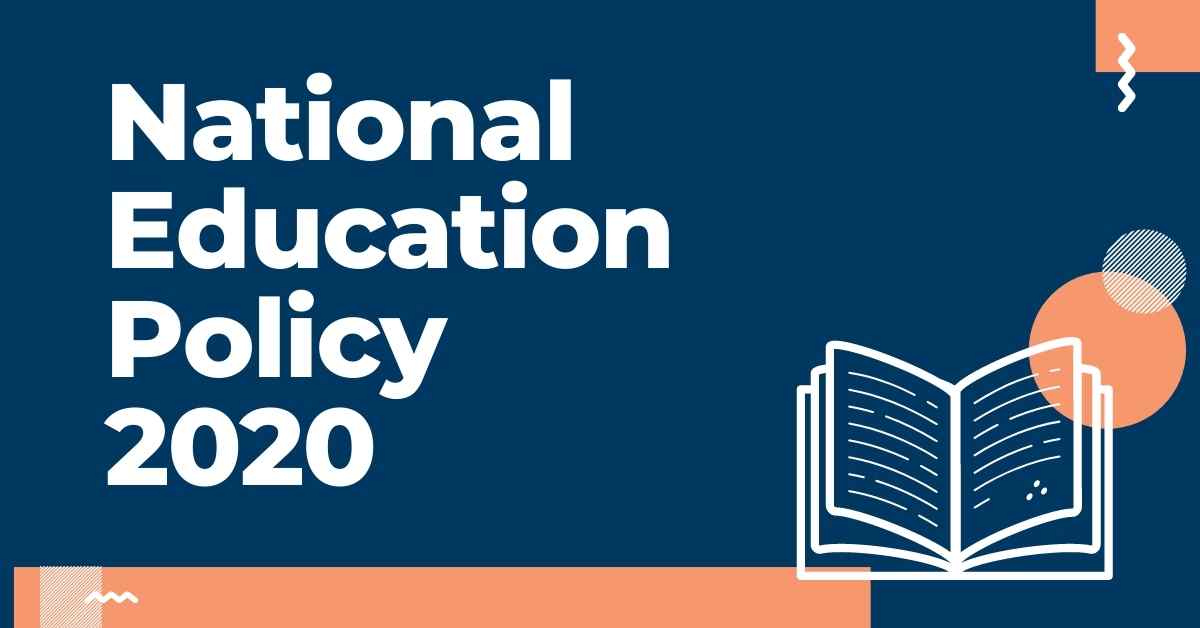New National Education Policy empowered youth, set new linkages with global institutions
The new National Education Policy (NEP) introduced in 2020 has empowered the youth of the country besides setting up new linkages with global institutions. Read further on Dynamite news:

New Delhi: The new National Education Policy (NEP) introduced in 2020 has empowered the youth of the country besides setting up new linkages with global institutions.
Several countries have approached India to establish IIT campuses in their respective countries, while global universities are expressing interest in setting up their satellite campuses within India.
The need for a futuristic approach in education as technologies like Artificial Intelligence (AI) become integral to daily life cannot be overestimated. Other imperatives include reducing academic pressure on students and introducing subjects like disaster management, climate change, and clean energy in schools.
At the same time, NEP 2020 champions the cause of conducting studies predominantly in Indian languages, underscoring the utmost significance of language inclusivity in education.
Judging the youth based on their foreign language proficiency and not considering their innate talent perpetuates a gross injustice. Thus NEP 2020 promotes education in mother tongues, seeking to bring real justice to the youth.
In pursuit of this noble vision, NEP 2020 endeavours to promote education in the mother tongue, a laudable effort aimed at paying equal respect and opportunities to every language.
A testament to its unwavering commitment, the translation of 100 education and skill curriculum books into 12 Indian languages harmoniously aligns with the policy's grand vision.
To mark this momentous occasion, Prime Minister Narendra Modi announced the establishment of a special kind of school, known as PM Schools for Rising India (PM-SHRI).
These schools are expected to showcase the implementation of the NEP 2020, emerging as examples and setting the pace for other schools in the locality.
They will provide high-quality education in an equitable, inclusive and joyful environment taking into account the diverse background, multilingual needs, and different academic abilities of children, making them active participants in their own learning process.
Also Read |
J&K: 18 stone-pelters held ahead of Anantnag by-polls
As per the Ministry of Education, the scheme is set to conclude in 2027, after which the responsibility will pass on to the States as well as UTs to maintain these schools.
More than 20 lakh students are expected to directly benefit from these schools. The project's total cost is estimated at Rs 27,360 crore spread over 5 years, with the Central government contributing Rs 18,128 crore.
On the occasion, the Prime Minister formally released the initial funds for the development of more than 14,500 schools across the country as part of the PM Schools for Rising India (PM-SHRI) scheme.
NEP 2020 was indeed launched with the aim of grooming India's youth and equipping them to lead the country during the period known as Amrit Kaal, which spans from India@75 to India@100, signifying the 25-year period from the attainment of independence in 1947.
Its objective is to meet the challenges of the future and without forcing the students to lose their anchoring in basic human values. The policy has brought radical transformation in the realms of school, higher and skill education during the three years of its implementation.
India introduced a new education policy after almost two decades through National Education Policy 2020. It was approved by the Indian Union Cabinet on July 29, 2020, serving as a blueprint for the country's education system.
NEP 2020 aims at “producing engaged, productive, and contributing citizens for building an equitable, inclusive, and plural society as envisaged by our Constitution.”
The National Education Policy envisages an education system rooted in Indian ethos and driving the transformation of India (Bharat) into a sustainable and equitable knowledge society.
It aims to provide high-quality education to all, lifting India to the status of a global knowledge superpower. Akhil Bharatiya Shiksha Samagam, a riveting two-day conclave held on July 29 and 30, coinciding with the third anniversary of NEP 2020.
At this grand gathering, luminaries from academia, sector experts, policymakers, industry stalwarts, devoted educators, and eager students representing schools, higher education, and skill development institutions participated in unison.
Also Read |
Kerala: Old woman raped by unknown man in Trivandrum
This grand congregation became a symphony of insights, resounding success stories, and exemplary best practices, all interwoven with the resolute pursuit of implementing NEP 2020 with firm determination.
Embarking upon a journey of transformation, the conclave hosted sixteen captivating sessions, delving into vital themes such as Access to Quality Education and Governance, Equitable and Inclusive Education, Empowering Socio-Economically Disadvantaged Groups, the National Institute Ranking Framework, the Indian Knowledge Systems, and the Globalization of Education, among an illustrious array of other fascinating topics.
The Union Cabinet has approved the introduction of the National Research Foundation Bill in the Parliament. The National Curriculum Framework under the NEP will soon be launched.
Once it is ready, the entire country will have a uniform syllabus. The NCERT is busy preparing new course books for this uniform new syllabus.
NCERT is currently preparing new books for education in around 130 subjects with all 22 Indian languages. Celebrating three years of visionary transformation, NEP 2020 marks a glorious milestone on July 29.
Its impact resonates globally, forging linkages between Indian academia and international institutions. Embracing a futuristic approach, it addresses the significance of technology, easing academic pressures, and introducing vital subjects like disaster management, green energy and sustainable lifestyle.
NEP 2020 champions linguistic inclusivity, rejecting injustice based on language proficiency and valuing innate talents. PM Schools for Rising India (PM-SHRI) exemplify its noble vision, setting the pace for equitable and joyful education.
Empowering the nation's youth, it carves a pathway to holistic education and research excellence and setting the stage for an enlightened and prosperous tomorrow. At the same time, embracing tradition and innovation, NEP 2020 shapes India's path towards becoming a global knowledge superpower. (ANI)
 Dynamite News
Dynamite News 